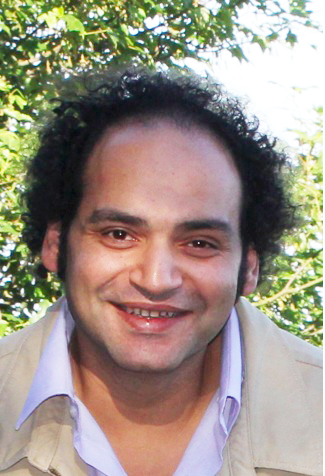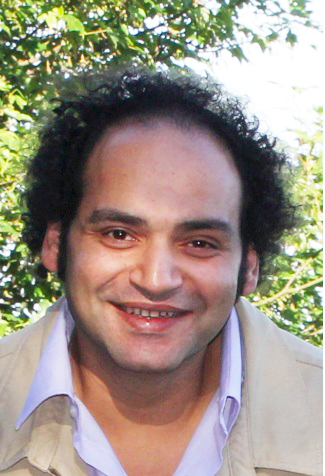By John Defterios
ABU DHABI: The good news is that the G20 represents 85 percent of global output. The bad news is that it is functioning more like the G2 with the current superpower (US) and the future superpower (China) dominating the agenda.
US President Barack Obama is facing intense political heat at home and as a result was forced to go to Seoul wanting to tick a number of boxes linked to a domestic agenda: a lower currency to help boost US exports and therefore jobs and to lower the trade and current account surpluses of China, Japan and Germany.
Those three countries are export led economies, which in reality is what they rely on for growth. Yes more should be done to spur domestic demand — especially in Japan which remains stuck in stagflation cycle. But this depends more on confidence and culture. Consumers in all three of these countries are high savers and less risk adverse than Americans. So this has less to do with monetary policy than it appeared in Seoul around the bargaining table.
Bu the revaluing of the dollar, despite denials from the US Treasury, is a slippery slope. Once one starts down that path, it is certainly difficult to apply the brakes. There are both economic and political considerations at play here. China, Japan and the countries of the Gulf Cooperation Council are let’s say sizable customers of US Treasury bonds. As the dollar slides so too does the value of their holdings.
China has started to rebalance its portfolio of foreign assets, with nearly a third in Euro based holdings. But this too is a delicate balancing act. The big exporters don’t want to see their number one customer of imported goods to have a prolonged bout of economic malaise.
In the Middle East, the Gulf States represent a full-fledged dollar zone. Five of six GCC members are still pegged to the dollar. As one official in the region told me, the dollar ship is taking on too much water and there is a danger that it will pull those that are hitched to the currency down for the ride. This could easily re-introduce the regional inflationary threat that was prevalent in the pre-crisis, boom economy.
While short term equity investors welcomed the latest round of spending by the US Federal Reserve — to the tune of $600 billion dollars — long term strategists continue to climb a wall of worry. They ask the obvious questions about the potential for future inflation and the massive pile of debt which continues to mount. Before his arrival to Seoul, President Obama was given the initial findings by an independent budget commission suggesting severe cuts in domestic spending. The political tightrope after a mid-term election washout is getting more difficult to balance.
There is a much bigger global reality at hand. For the past two decades, the discussion was focused on how to best boost the economies of the developing world and most importantly the per capita income levels of their citizens. That time has come and it is being reinforced by billions of dollars of hot capital looking for better returns than investors can find within the “old G8.”
This is a historical global re-balancing of both economies and political power. The transition is not an easy one. The giant surplus countries from the Middle East (thanks to oil exports) and Asia (thanks to consumer exports) are sitting not only on wealth but more clout than ever before. They recognize the need to accelerate domestic development. No one can argue that China and for that matter G20 members like Saudi Arabia are not spending ample sums to do so. It is just not happening at the pace to appease the US President and Congress, which are trying to respond to a restive middle class that is faced with record unemployment.
Two decades ago, there was a convergence of factors — the fall of communism, the lowering of trade barriers in a WTO context and the wide-scale introduction of the internet — which accelerated the pace of change and competition. Take away all the political posturing and that is really what is at play here within the G20. In fact, one could argue that is why the G20 was patched together so quickly after the 2008 crisis and why it is so important for the collective voice of the group not to be overwhelmed by issues of the G2.
John Defterios is CNN’s anchor for Marketplace Middle East. Tune in Fridays at 11:15 and Saturdays at 9:15. For more information go to www.cnn.com/mme.



